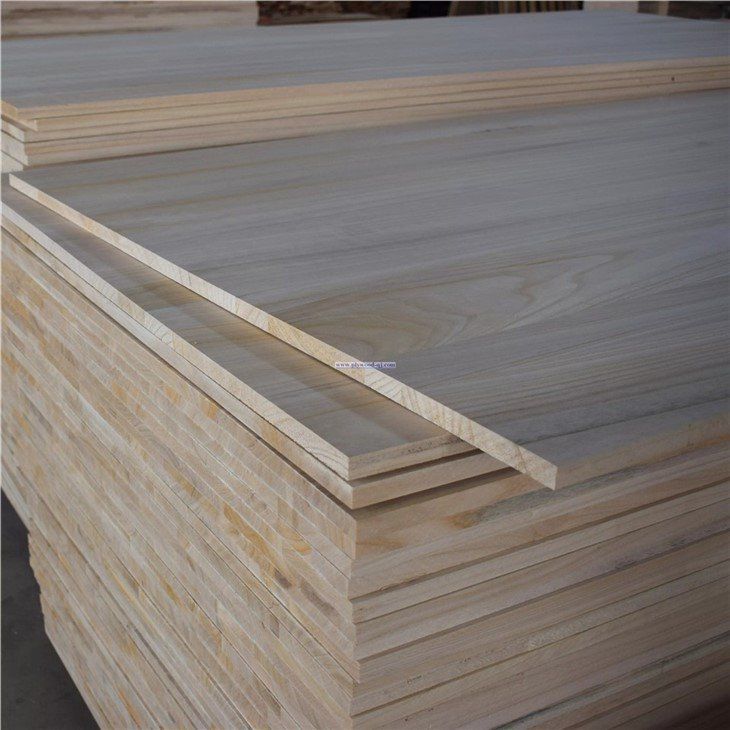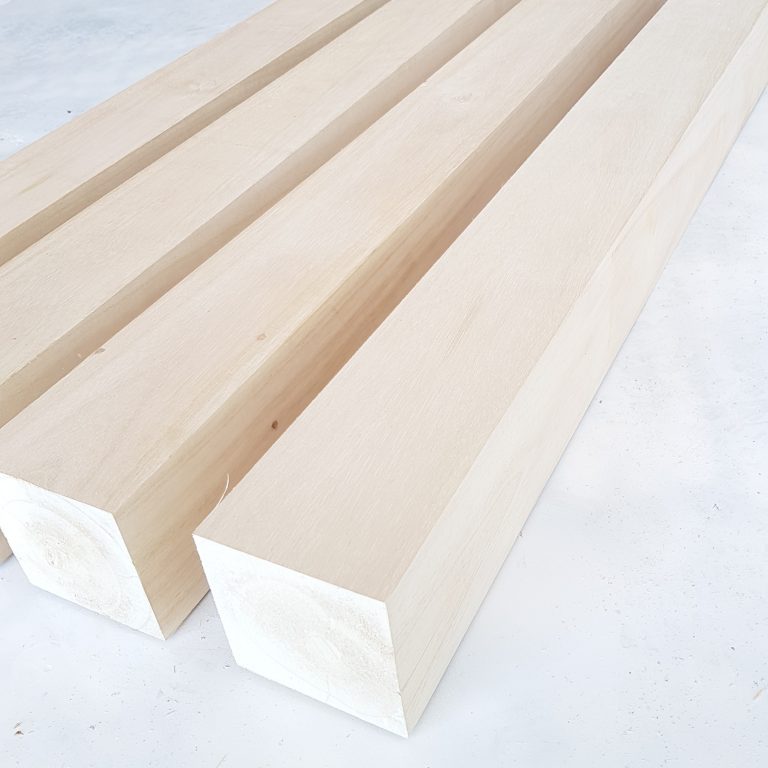
Paulownia Timber
Paulownia timber density of around
260 kg/m3 varies between the different species and local conditions, but all of
them formed extremely light strong timber.
The correlation strength-weight in comparison with other timber species is high. The low weight, elasticity and a modulus of rupture provides it with distinct advantages in certain applications.
The shrinkage
co-efficient of paulownia is very low in volume, giving dried Paulownia wood a
high level of dimensional stability.
Paulownia wood used for out of ground uses should be treated with at least two
coats of water repellent sealant.
Paulownia is highly resistant to attacks from termites, insects, pests and rot and is found to be ideal for use in areas where these are a problem.
Paulownia is highly resistant to attacks from termites, insects, pests and rot and is found to be ideal for use in areas where these are a problem.
Plant a tree
Planting Trees is one of the most effective ways to help our planet and reverse climate change before it is too late. Not only do Trees produce oxygen, but they capture carbon dioxide and other harmful greenhouse gases. Trees convert CO2 from the atmosphere into organic matter through photosynthesis, which eventually ends up in the ground as dead plant matter.
The Paulownia tree during it growth it has up to 10 times the capacity of any other tree to capture carbon dioxide (CO2), it grows and matures extremely fast and can be felled multiple times before having to be replanted. The Paulownia tree is therefore the tree of choice for reforestation in order to help the environment and reverse climate change.
By planting a tree you are reducing your carbon footprint and as such you are making a positive contribution in assisting to reduce climate change.



